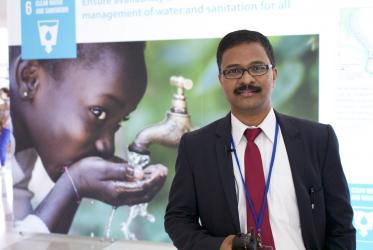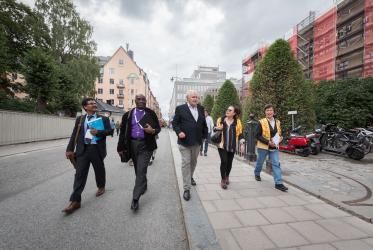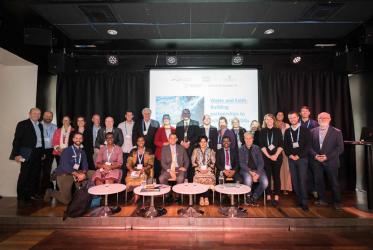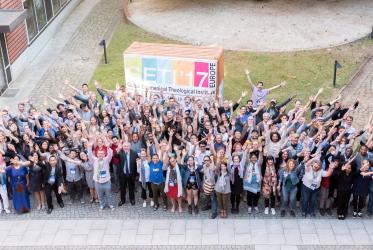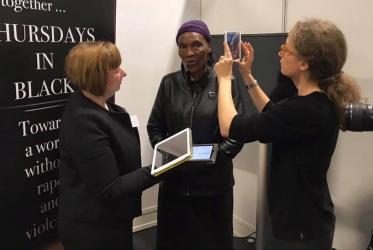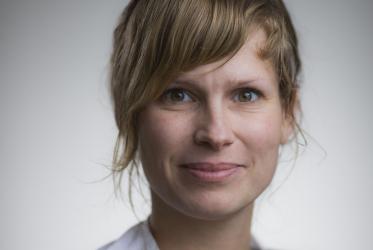Displaying 1 - 20 of 30
Rev. Dr Hans-Ruedi Weber dies at 97
29 October 2020
WCC President Wejryd: ‘Water, in many ways, represents God’
27 September 2019
Paving the way for ecumenical studies, learning English in Bossey
24 September 2018
Doing his best without being the best
07 September 2018
Faith and Water: Translating words into action
30 August 2018
Emily Welty: tide of hope for a world free from nuclear weapons
19 September 2017
“We are to pass on the mantle”
31 May 2017
On World Water Day, we ask: “why waste water?”
22 March 2017


